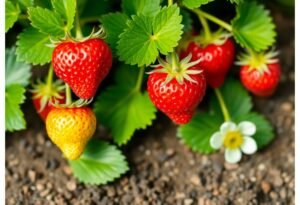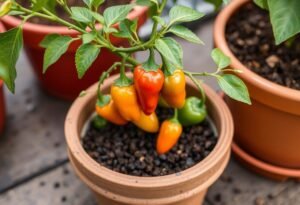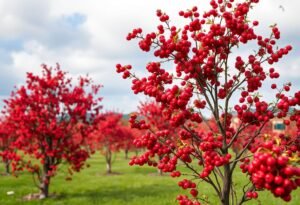Optimal Timing for Dill Sowing
In the United States, the best time to plant dill is in the spring when soil temperatures begin to stabilize. An ideal temperature for germination is around 50-68°F. This is when dill grows robustly, and we can savor its freshness throughout the summer.
Soil Preparation
Before sowing, proper soil preparation is crucial. Dill prefers light, well-drained soil enriched with compost. Removing weeds and tilling the soil will promote better plant growth. Make sure the soil pH is balanced, ideally between 6 and 7.
Selecting the Right Dill Variety
Choosing the right dill variety is essential. Early varieties will be ready for harvest much quicker, while later types will provide more yields over a longer period. Popular varieties include ‘Bouquet,’ ‘Fernleaf,’ and ‘Dukat.’
Sowing Dill in the Ground
During the actual sowing process, it’s important to plant seeds in rows spaced about 12 inches apart. Cover the seeds with a thin layer of soil and gently water them. Remember, drying out the soil can lead to poor plant growth.
Caring for Young Dill Plants
After germination, proper care for young dill plants is crucial for obtaining healthy and flavorful crops. Regular watering, weeding, and organic fertilizing will significantly influence your harvest. Additionally, dill can attract pests such as aphids, so keeping an eye on your plants is beneficial.
Harvesting Dill
When it’s time to harvest, pay attention to the dill sprigs. The best time to pick them is early in the morning when their aroma is strongest. Cut only what you need to allow the plant to continue growing. It’s delightful to have fresh herbs within reach.
Storing Fresh Dill
What if you’ve harvested too much dill? Storing fresh sprigs is easy; you can freeze or dry them. Dried dill is fantastic for dishes throughout the year, while frozen dill retains much of its aromatic properties.
Conclusion
Understanding when to plant dill in the ground along with how to care for and harvest it is invaluable for any gardener. Enjoy the joy of planting and harvesting your own crops that will add unforgettable flavor to your meals.
Disclaimer
The information contained in this article is for informational purposes only and does not replace professional gardening advice.

















